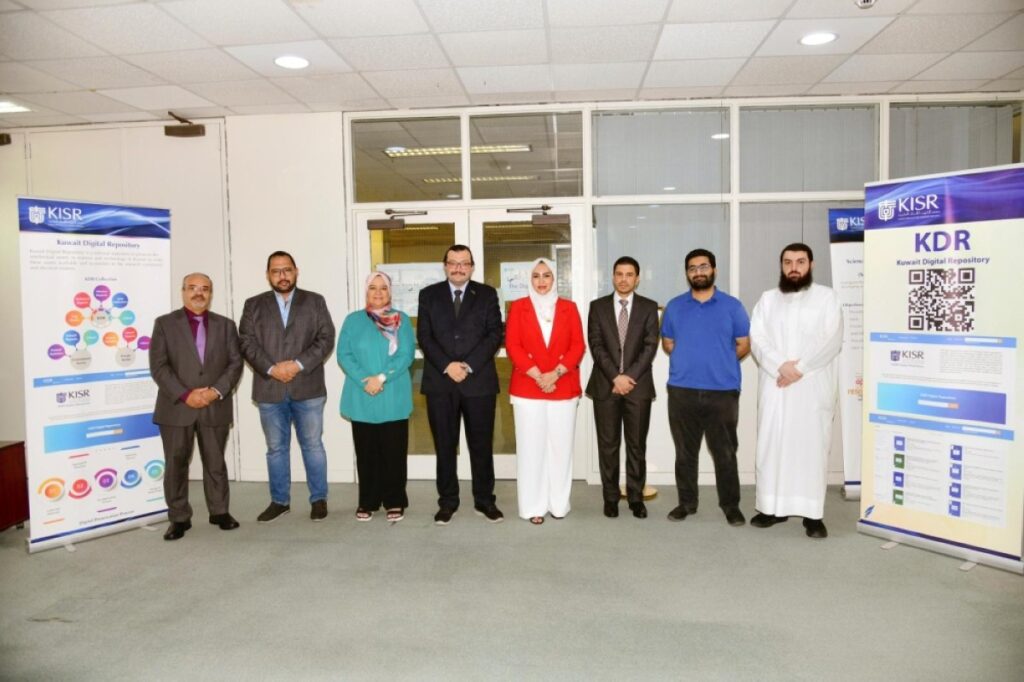KUWAIT: The Kuwait Institute for Scientific Research (KISR) on Tuesday launched the upgraded version of its digital repository (KDR), marking a significant step in strengthening the national infrastructure for scientific research and promoting a more open and sustainable knowledge-based society. Head of the digital repository project at KISR’s National Center for Scientific and Technological Information, Fadhila Taqi, said in a press statement that the development of the repository aligns with the institute’s strategic vision to adopt digital preservation solutions, which serve as a key pillar for safeguarding institutional knowledge and ensuring continuity while protecting it from loss or damage.
Taqi explained that the upgraded KDR is built on a modern digital system that keeps pace with the latest technologies, enhancing performance efficiency, expanding the scope for handling diverse scientific content and providing researchers with easy access to the institute’s scientific outputs. She added that the platform also contributes to strengthening knowledge exchange among scientific institutions.
The project began several years ago with the aim of preserving KISR’s scientific production, starting with technical reports on research projects and documenting Kuwait’s local scientific output. The initiative ensures that these resources remain accessible to current and future generations, serving as a foundation for ongoing and future research. The first phase of the project involved establishing an integrated digital laboratory to carry out digitization operations using specialized devices and a digitization management system (DAF) developed in collaboration with the Bibliotheca Alexandrina. This partnership enabled the addition of advanced features to the KDR platform.
The phase resulted in the digitization of over 10,000 scientific and technical reports, along with studies, government initiatives and other documents, thereby facilitating open access to research outputs and enhancing the circulation of knowledge both nationally and internationally. Taqi commended the Bibliotheca Alexandrina for its pivotal role in developing the new version of the digital repository. She noted that the memorandum of understanding signed with the institution in 2011 has allowed KISR to benefit from its expertise in building and managing digital repositories, including technical architecture, content management standards, and user-friendly data access.
She added, “This achievement represents a milestone in realizing the goals of the strategic plan for the science and technology sector and would not have been possible without the strong support of the institute’s senior management.” Taqi expressed hope that the upgraded KDR will serve as a qualitative addition that aligns with Kuwait’s aspirations for an advanced scientific and knowledge-driven society.- KUNA

